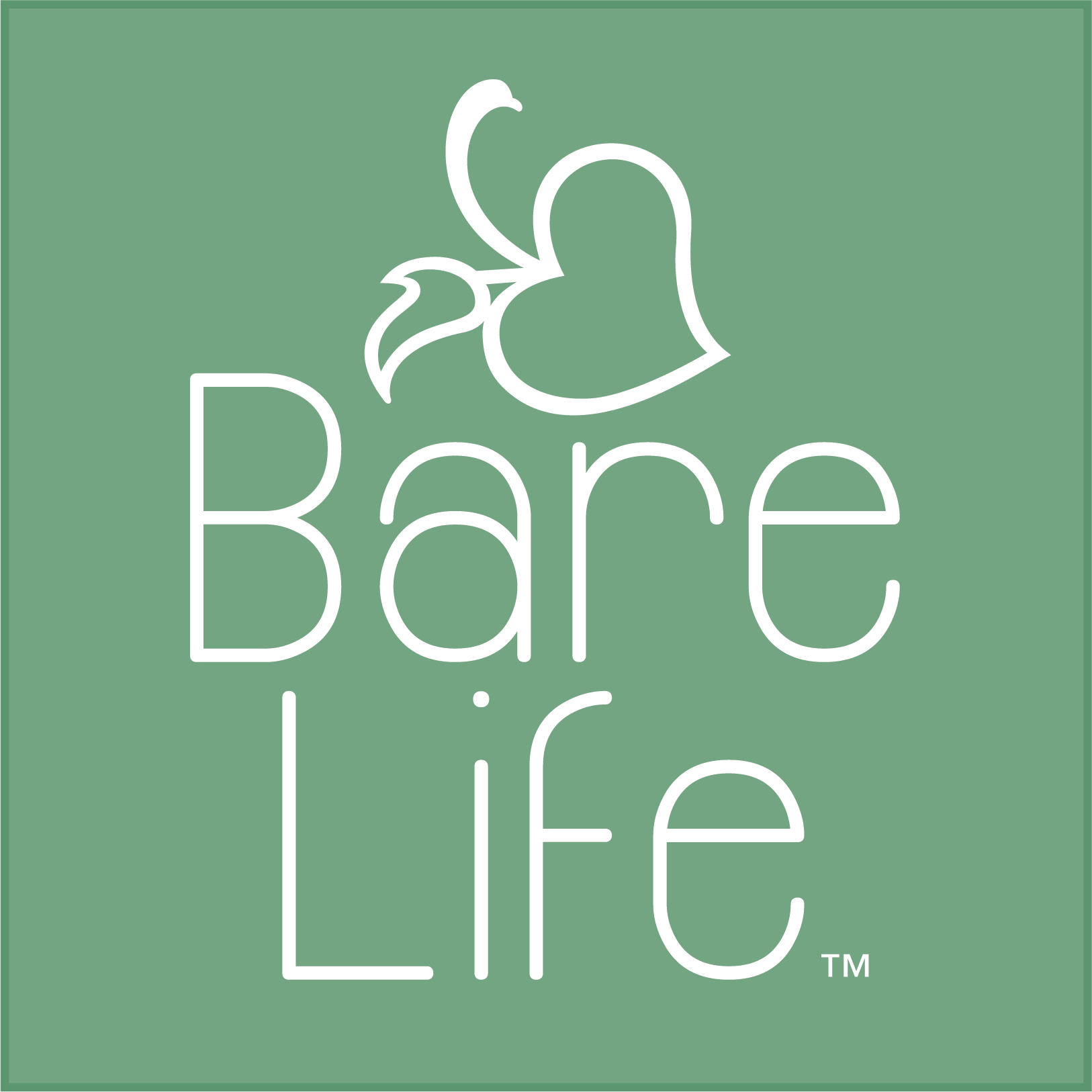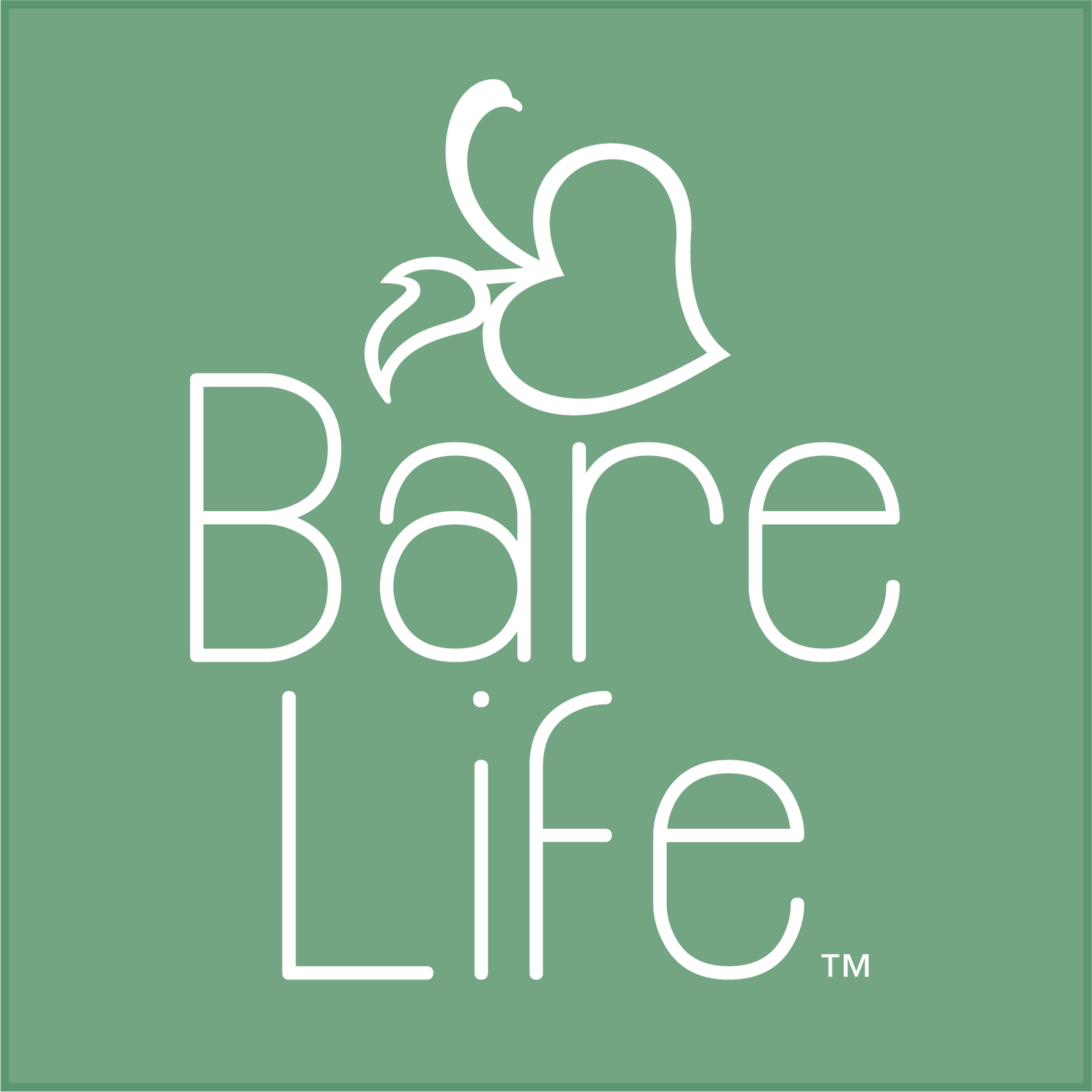Hot chocolate is a go-to indulgence, especially during the colder months. But if you’re looking for a dairy-free option, for any reason, be it lactose intolerance, dietary preferences, or a commitment to plant-based living, you might wonder: What is the BEST dairy-free milk for hot chocolate?
The right dairy milk alternative can elevate your hot chocolate game, leveling up your hot cocoa's creaminess and even enhance its rich flavors. In this guide, we’ll break down the best dairy-free kinds of milk for hot chocolate based on creaminess, nutrition, and overall flavor profile so you can find the perfect pairing for your next cozy cup.
Why Pick a Dairy-Free Milk for your Hot Chocolate?
Choosing a dairy-free milk as an alternative to cow's milk for your hot cocoa isn’t just about dietary preferences—it’s also about unlocking a richer, more inclusive, and sustainable sipping experience. Here’s why:
-
Allergen-Friendly & Easier on Digestion – Roughly 65% of the human population has some degree of lactose intolerance, and many more live with dairy allergies or sensitivities that can cause bloating, discomfort, or inflammation (NIH, 2022). Dairy-free milks—like almond, oat, coconut, or hemp—offer a gentle, accessible option for those with digestive challenges or who follow allergen-friendly lifestyles.
-
A Nutritional Boost – Many plant-based milks are often fortified with essential nutrients like calcium or vitamin D, making them comparable to (or even more beneficial than) cow’s milk nutritionally—without the cholesterol. According to Dr. Walter C. Willett, a Professor of Epidemiology and Nutrition at the Harvard T.H.Chan School of Public Health, Some varieties like soy offer comparable protein to cow's milk, and that "almond, walnut, peanut, cashew, hazelnut, macadamia nut, hemp and flax milks are higher in heart-healthy unsaturated fats, and also tend to have fewer calories than cow's milk." Coconut milk, while lower in protein, is rich in medium-chain triglycerides (MCTs) like lauric acid— that may offer antimicrobial benefits and can be more easily metabolized for energy than long-chain fats(Healthline). All supporting your better-for-you indulgence.
-
Sustainability for the Win – Compared to traditional dairy, plant-based milks use significantly less water, land, and produce fewer greenhouse gas emissions. According to a 2018 Oxford University study, producing a glass of dairy milk results in nearly three times more greenhouse gas emissions than plant-based alternatives.
-
Endless Flavor Possibilities – Each dairy-free milk brings its own unique character to your hot cocoa. Creamy coconut adds richness, oat gives a mellow sweetness, almond offers nutty notes, and cashew creates a velvety finish. The result? A hot chocolate experience tailored to your taste buds.
What are some types of Non-Dairy Milks?
-
Coconut Milk
-
Almond Milk
-
Oat Milk
-
Soy Milk
-
Hemp Milk
-
Cashew Milk
-
Flax Milk
-
Macadamia Milk
-
Rice Milk
-
Pea Milk
-
Hazelnut Milk
-
Walnut Milk
-
Pistachio Milk
How to Choose the Best Dairy-Free Milk for Your Hot Cocoa
Not all plant milks are created equal—especially when it comes to hot chocolate. Whether you’re craving a rich, dessert-like indulgence or a lighter sip with a nutritional boost, we’ve broken down the best dairy-free milk options to match your cocoa mood.
Coconut Milk

-
Why It’s Great: Coconut milk brings a natural sweetness, light flavor, and a thick, silky texture to your mug.
-
Nutritional Boost: May be a source of beneficial medium-chain triglycerides (MCTs)(Healthline,2023).
Pros:
- Naturally sweet without added sugar.
- Great for those avoiding nuts or soy.
- Contains beneficial fats (MCTs) (Healthline,2023).
- Cholesterol Free.
Cons:
- Lower in protein than other plant-based milks.
- Can be higher in saturated fat.
- Stronger coconut flavor may not pair well with all mix-ins.
- Canned versions may separate unless blended or whisked.
Almond Milk

-
Why It’s Great: Almond milk is light and subtly nutty, making it a popular everyday choice for hot cocoa lovers.
-
Nutritional Boost: Low in calories and a good source of vitamin E(USDA, 2022).
Pros:
-
Mild flavor that complements chocolate well.
-
Widely available and affordable.
-
Often fortified with calcium and vitamin D.
-
Low in sugar (unsweetened versions).
Cons:
- Lower in protein than other alternatives.
- May separate when heated unless well blended.
- Not suitable for those with nut allergies.
Oat Milk

-
Why It’s Great: Oat milk brings a naturally sweet, creamy texture that blends beautifully with cocoa.
-
Nutritional Boost: Contains beta-glucans, which may support heart health and digestion(Harvard T.H. Chan School of Public Health, 2022).
Pros:
- Naturally sweet and smooth.
- Often enriched with vitamins and minerals.
- Great for those with nut or soy allergies.
- Froths well—ideal for lattes and steamy mugs.
Cons:
- Higher in carbohydrates than other plant milks.
- Not always gluten-free unless certified.
- May contain added oils or gums depending on brand.
Soy Milk

-
Why It’s Great: Soy milk is a classic milk alternative that offers a neutral taste and creamy consistency.
-
Nutritional Boost: May be high in protein—almost comparable to cow’s milk (6–8g per cup)(Harvard T.H. Chan School of Public Health, 2022).
Pros:
- Rich in complete plant-based protein.
- Widely available and affordable.
- Often fortified with calcium, vitamin D, and B12.
Cons:
- May have a beany aftertaste depending on the brand.
-
Not suitable for those with soy allergies.
-
Can curdle in acidic hot drinks unless stabilized.
Hemp Milk

-
Why It’s Great: Earthy and nutty, hemp milk adds depth and richness to hot chocolate.
- Nutritional Boost: May be a source omega-3 and omega-6 fatty acids that can aid in brain and heart health(Healthline, 2020).
Pros:
- Great source of essential fatty acids(Healthline, 2020).
- Naturally free from soy, nuts, and gluten.
- Moderate protein content (3g per cup) (Healthline, 2020).
Cons:
- Earthy taste may not appeal to everyone.
- Can be harder to find in stores.
- Often comes unsweetened—may need a sweetener added.
Cashew Milk

-
Why It’s Great: Cashew milk is smooth and buttery, offering a creamy mouthfeel with a mild, nutty taste.
-
Nutritional Boost: Low in calories and often enriched with vitamins A, D, and E(Healthline, 2019).
Pros:
- Velvety texture that mimics dairy cream.
- Mild flavor pairs well with chocolate.
- Lower in calories and carbs.
Cons:
- Very low in protein.
- Not suitable for those with tree nut allergies.
- Homemade versions can separate unless strained well.
Flax Milk

- Why It’s Great: Flax milk is light and neutral, letting the chocolate flavor take center stage.
-
Nutritional Boost: Often contains omega-3s and calcium(Healthline, 2019).
Pros:
- Allergy-friendly (naturally nut, soy, and gluten-free).
- Low in calories.
- Mild flavor that won’t overpower cocoa.
Cons:
- Very low in protein.
- Can taste watery in some brands.
- Not as widely available as other alternatives.
Macadamia Milk

-
Why It’s Great:Macadamia milk offers a rich, buttery flavor and creamy texture for a gourmet twist.
-
Nutritional Boost: May be a source of monounsaturated fats and often contains calcium(Healthline, 2019).
Pros:
- Luxuriously smooth and creamy.
- Subtle, sweet flavor complements cocoa beautifully.
- Low in carbs and sugar.
Cons:
- Low protein content.
- Pricier than many other alternatives.
- Not suitable for those with nut allergies.
Rice Milk

-
Why It’s Great:Rice milk is naturally sweet and easy on the digestive system, great for those with multiple allergies.
-
Nutritional Boost: Often fortified with B vitamins and calcium(EDIS, University of Florida Extension, 2024).
Pros:
- One of the most hypoallergenic options.
- Naturally sweet—no extra sugar needed.
- Thin texture works well if you like a lighter cocoa.
Cons:
- Very low in protein and fat.
- High glycemic index (may spike blood sugar).
- Can be watery and less creamy than other options.
Pea Milk

-
Why It’s Great: Pea milk is smooth and neutral, with a creamy texture and surprisingly high protein.
-
Nutritional Boost: May be a rich in protein (8g per cup) and iron (WebMD, 2024).
Pros:
- Creamy without being heavy.
- High in protein and iron.
- Often fortified with calcium, D, and B12(WebMD, 2024).
Cons:
- Slight earthy or “legume” aftertaste in some brands.
- Not widely available in all stores.
- May contain added oils or thickeners.
Hazelnut Milk

-
Why It’s Great: Hazelnut milk has a naturally sweet, roasted flavor that pairs perfectly with chocolate.
-
Nutritional Boost: May be a source of vitamin E and healthy fats(WebMD).
Pros:
- Bold nutty flavor that enhances cocoa.
- Adds gourmet flair to your hot chocolate.
- Often low in sugar and carbs (if unsweetened).
Cons:
- Low in protein.
- Distinct flavor may overpower delicate mix-ins.
- Limited availability in stores.
- Not suitable for those with nut allergies.
Walnut Milk

-
Why It’s Great: Walnut milk is earthy and slightly bitter, balancing the sweetness of hot cocoa.
-
Nutritional Boost:May contain omega-3 fatty acids and antioxidants from the walnuts(Healthline, 2021).
Pros:
- A source of heart-healthy fats.
- Complex flavor adds depth to hot chocolate.
- Typically low in sugar.
Cons:
- Acquired taste—can be bitter or strong for some.
- Very low in protein.
- May require additional blending for smoothness.
- Not suitable for those with nut allergies.
Pistachio Milk

-
Why It’s Great: Pistachio milk is naturally sweet with a hint of roasted nuttiness, making your cocoa taste luxurious.
-
Nutritional Boost: Contains potassium, vitamin B6, and antioxidants(Healthline,2024).
Pros:
- Naturally green in color and fun to use.
- Creamy and nutty with subtle sweetness.
- Typically lower in sugar and calories.
Cons:
- Lower in protein.
- Generally more expensive and less widely available.
- May not pair well with every hot cocoa flavor profile.
Our Pick For the Best Non-Dairy Milk For Hot Chocolate
So, which dairy-free milk reigns supreme in a mug of hot cocoa? While it ultimately depends on your taste preferences and dietary needs, our top pick is coconut milk—especially when you're going for that classic, rich, cozy hot chocolate vibe.
Here’s why we love it:
-
Creaminess that rivals dairy – Coconut milk delivers a luxuriously thick, velvety texture that hugs every sip.
-
Natural sweetness – It enhances chocolate’s flavor without overpowering it or needing much extra sugar.
-
Allergen-friendly – It's a great choice for those avoiding nuts, soy, or gluten.
-
Bonus points for MCTs – Those beneficial fats (like lauric acid) not only give it body, but may offer perks too(Healthline,2023).
- That said, oat milk is a strong runner-up if you prefer a milder flavor with a smooth finish, and soy milk wins for protein content and balance. The beauty of hot chocolate is that it’s all about comfort—so experiment, mix, and match to find your perfect pour.
The Best Dairy-Free Hot Cocoa Mix
Did you know?! Many store-bought hot cocoa mixes actually contain powdered dairy milk inside them. But don’t worry—we’ve got your back (and your mug). For the smoothest, creamiest cup, pair your favorite plant-based milk with a hot cocoa mix that’s truly dairy-free.
- Bare Life’s Dairy-Free Hot Cocoa Mix is made with just a few simple, organic, and sustainably sourced ingredients—no fillers, no nonsense. It’s:
-
Gluten-Free, Dairy-Free, Soy-Free & Refined Sugar-Free
-
Vegan, Paleo, and Non-GMO
-
Naturally sweetened with organic coconut sugar for a perfectly balanced, not-too-sweet sip
- Best of all? It’s ridiculously easy to make. Just mix it with your favorite non-dairy milk (or even hot water!) for a delicious, allergen-friendly treat—anytime.
FAQs About Dairy-Free Hot Chocolate
What is the best dairy-free milk for hot chocolate?
It depends on your preference! Coconut, macadamia, and cashew milks are usually the creamiest, almond and oat milk offer a more neutral flavor, and soy milk generally provides the highest protein content.
Can I make dairy-free hot chocolate with water?
Yes! Bare Life’s Dairy-Free Hot Cocoa Mix is designed to be delicious even with just hot water, as there is powdered organic coconut milk already inside. Adding plant-based milk though, can enhance the creaminess even more.
Is Swiss Miss non-dairy hot chocolate a good option?
Swiss Miss's offers a non-dairy version, but it may still contain dairy derivatives and doesn’t match Bare Life’s standards for allergen-friendliness, organic ingredients, or clean-label simplicity. It also contains nearly twice the amount of sugar, as compared to Bare Life's Dairy Free Hot Cocoas.
Where can I buy gluten-free and dairy free hot cocoa?
Bare Life’s gluten-free hot cocoa is available online and at select retailers nationwide. Visit our store locator to find your nearest store!
Now that you know which dairy-free milk is best for hot chocolate try experimenting with different options to find your perfect match! Whether you prefer a rich coconut milk-based hot chocolate or a lighter almond milk version, there’s a dairy-free choice for everyone.
Blog Bibliography:
- "Lactose Intolerance." MedlinePlus Genetics, U.S. National Library of Medicine, 12 Dec. 2023,https://medlineplus.gov/genetics/condition/lactose-intolerance/. Accessed 27 May 2025.
- O'Connor, Anahad. "Are You Lactose Intolerant? Try These Dairy Alternatives." The New York Times, 1 Feb. 2022,www.nytimes.com/2022/02/01/well/eat/lactose-intolerant-non-dairy-milk.html. Accessed 27 May 2025.
- Ercin, Arjen Y., Maite M. Aldaya, and Arjen Y. Hoekstra. The Water Footprint of Soy Milk and Soy Burger and Equivalent Animal Products. UNESCO-IHE Institute for Water Education, 2011. Value of Water Research Report Series No. 49.www.waterfootprint.org/resources/Report49-WaterFootprintSoy.pdf. Accessed 27 May 2025.
- "Is Coconut Milk Good for You? Nutrition and Benefits." Healthline, 11 Jan. 2023,www.healthline.com/nutrition/coconut-milk. Accessed 27 May 2025.
- United States Department of Agriculture. FoodData Central: Almond Milk, Unsweetened, Plain, Refrigerated. 28 Apr. 2022,fdc.nal.usda.gov/fdc-app.html#/food-details/2257045/nutrients. Accessed 17 June 2025.
- Harvard T.H. Chan School of Public Health. “Oats.” The Nutrition Source, 2022,https://www.hsph.harvard.edu/nutritionsource/food-features/oats/. Accessed 17 June 2025.
- Harvard T.H. Chan School of Public Health. “Soy.” The Nutrition Source, 2022,https://www.hsph.harvard.edu/nutritionsource/soy/. Accessed 17 June 2025.
- Kubala, Jillian. “Hemp Milk: Nutrition, Benefits, and How It Compares.” Healthline, 24 Nov. 2020, https://www.healthline.com/nutrition/hemp-milk. Accessed 17 June 2025.
- Streit, Lizzie. “10 Nutrition and Health Benefits of Cashew Milk.” Healthline, updated 1 Feb. 2019,https://www.healthline.com/nutrition/cashew-milk-benefits. Accessed 17 June 2025.
- Bjarnadottir, Adda MS, RDN. “Flaxseeds 101: Nutrition Facts and Health Benefits.” Healthline, 29 Mar. 2019,https://www.healthline.com/nutrition/foods/flaxseeds. Accessed 17 June 2025.
- Petre, Alina, M.S., R.D. “6 Health Benefits of Eating Macadamia Nuts.” Healthline, updated 23 May 2019,https://www.healthline.com/nutrition/macadamia-nuts. Accessed 17 June 2025.
- University of Florida Institute of Food and Agricultural Sciences. “Plant-Based Milks: Rice.” EDIS, University of Florida Extension, 10 Aug. 2024, edis.ifas.ufl.edu/publication/FS412. Accessed 17 June 2025.
- WebMD. “Health Benefits of Pea Milk.” WebMD, 9 Sept. 2024,www.webmd.com/diet/pea-milk-health-benefits.Accessed 17 June 2025.
- WebMD. “Hazelnut: Uses, Side Effects, Benefits, and More.” WebMD,https://www.webmd.com/vitamins/ai/ingredientmono-865/hazelnut. Accessed 17 June 2025.
- Kubala, Jillian. “9 Impressive Health Benefits of Walnuts.” Healthline, 30 July 2021,https://www.healthline.com/nutrition/walnuts. Accessed 17 June 2025.
- Kubala, Jillian. “9 Health Benefits of Pistachios.” Healthline, 23 Sept. 2024,https://www.healthline.com/nutrition/9-benefits-of-pistachios Accessed 17 June 2025.






Dejar un comentario